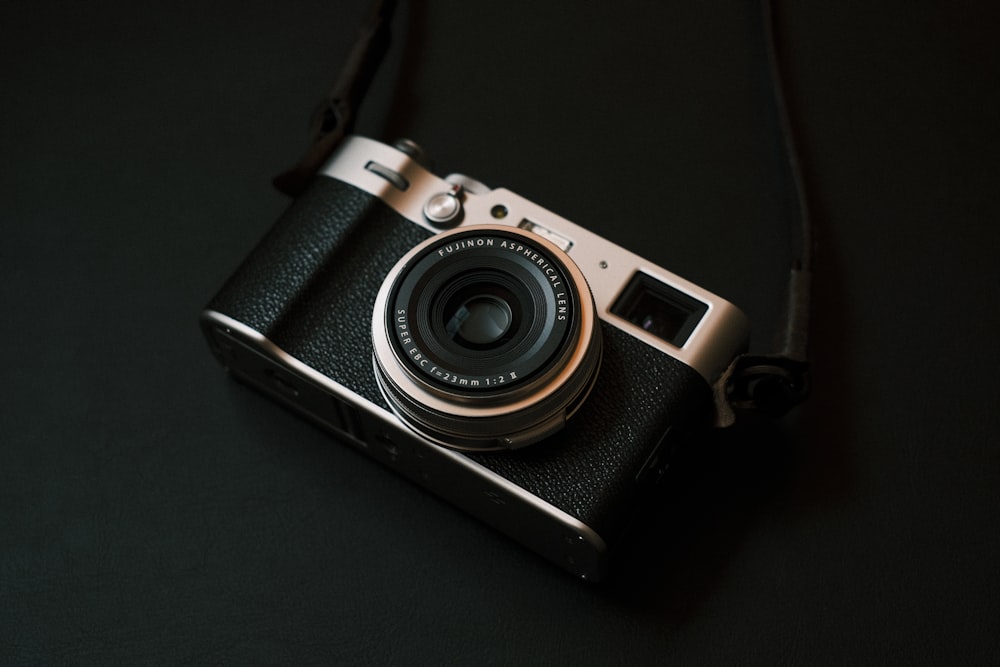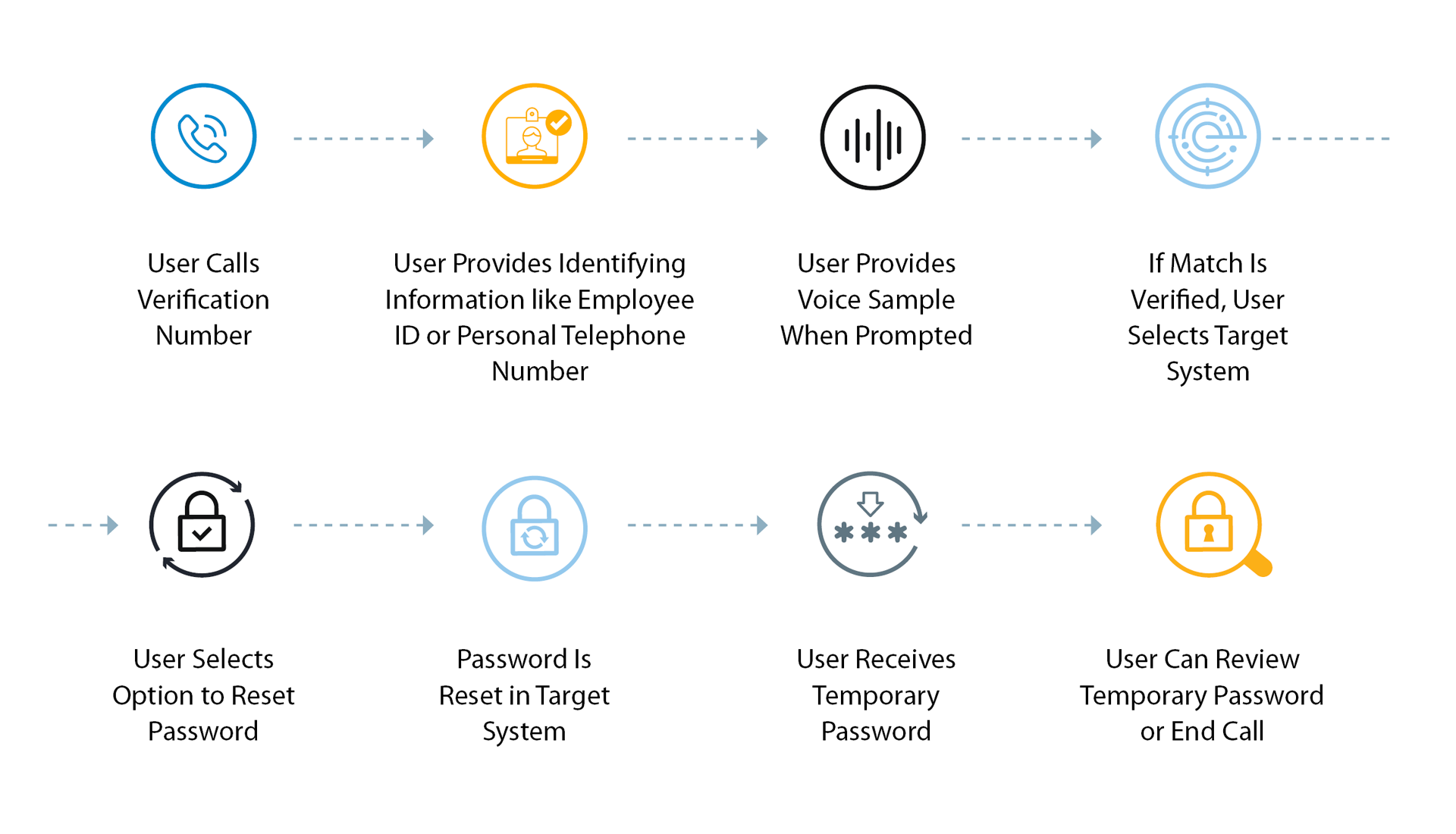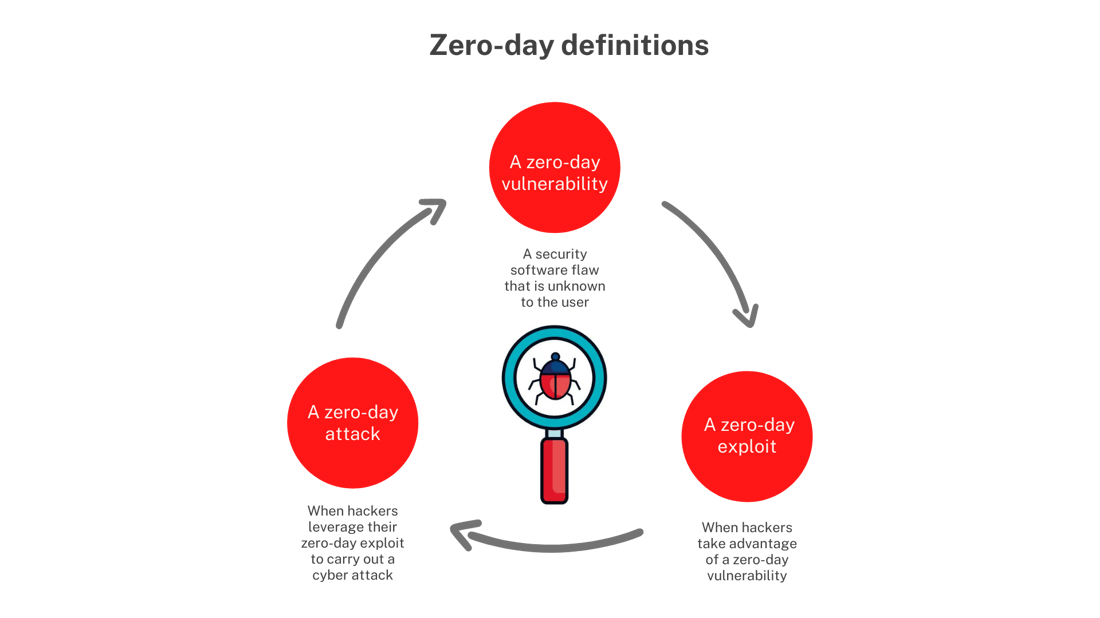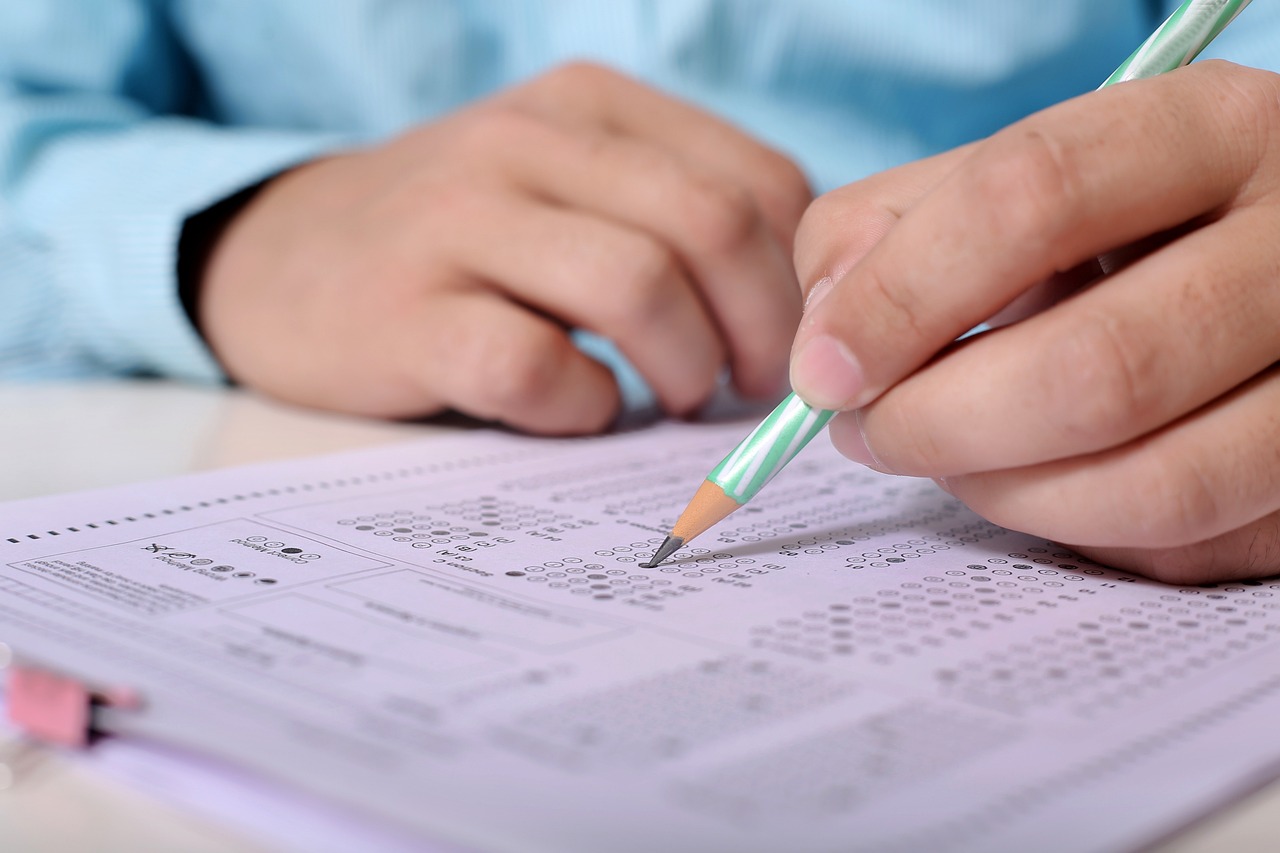Organ Playing: Five Tips Which Will Help You To Play Smoothly, Freely, and Without Interruptions
 Every organist wants to achieve a high degree of fluency while playing the organ. It is rewarding to be able to perform pieces without mistakes, without faltering, and without stopping. However, achieving this level requires a very specific way of practicing without which your chances to succeed are not as high. In this article, I will give you five tips which will help you to play the organ smoothly, freely, and without interruptions.
Every organist wants to achieve a high degree of fluency while playing the organ. It is rewarding to be able to perform pieces without mistakes, without faltering, and without stopping. However, achieving this level requires a very specific way of practicing without which your chances to succeed are not as high. In this article, I will give you five tips which will help you to play the organ smoothly, freely, and without interruptions.
Practice in a slow tempo. When you start practicing a new organ composition, it is crucial to play in such a tempo in which you could avoid making mistakes. Usually, this means practicing very slowly. Don’t worry so much about the concert tempo. You will be able to achieve it naturally, when you are ready.
Practice in voice combinations. If you have a challenging polyphonic piece, such as a fugue in front of you, it is best not to jump and play all the voices right away but patiently practice in solo voices first. Usually this is not too difficult. When you can play your piece fluently in separate voices, start working in two-voice combinations. Later advance to three voices and only at the end, when you can play this version correctly at least three times in a row practice all the voices together.
Choose compositions of your ability. Although it is tempting to play your favorite pieces right from the beginning, always think about your technical ability level. So choose the pieces wisely. This may mean that some of your favorite organ works must wait until you are ready for them. For example, if your dream is to be able to play Widor’s Toccata, start with easier French Romantic pieces first.
Practice in fragments repeatedly.I have seen many of my students play organ music from the beginning until the end in their practice. Although this is not necessarily an incorrect approach, the best way to practice is to choose shorter episodes or fragments and practice them over and over. This way you can correct your mistakes right away and develop the right practicing habits. It is not too difficult to decide when you have practiced this fragment enough times. I suggest a minimum of 3 correct repetitions in a row.
Write in fingering and pedaling. Although this particular point might be a little boring, but trust me, it is well worth your time and effort. You see, whenever you encounter a problematic place and make a mistake, chances are that you need to think about more efficient fingering and pedaling. Do not play the organ music with accidental fingerings. Since your fingers can remember the particular passages, it is very wise to reinforce the correct fingering. Since pedal playing is a new skill for every beginner organist, writing in pedaling is even more important.
As you probably understood, practicing this way requires certain amount of patience. It is important not to give up and start playing the organ without a method or a system. Always have your goal or a dream in mind of what you are trying to accomplish. Know that every correct practice brings you closer to your goal one step at a time.
































